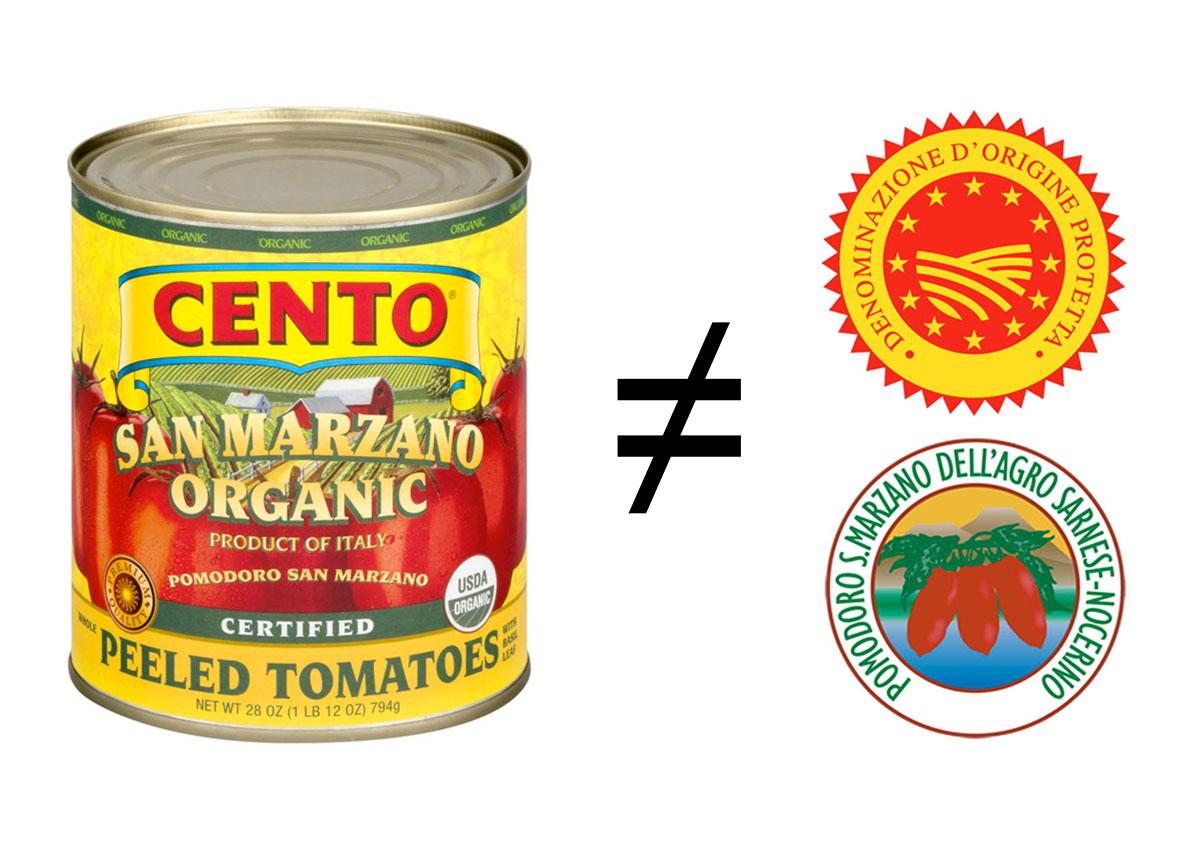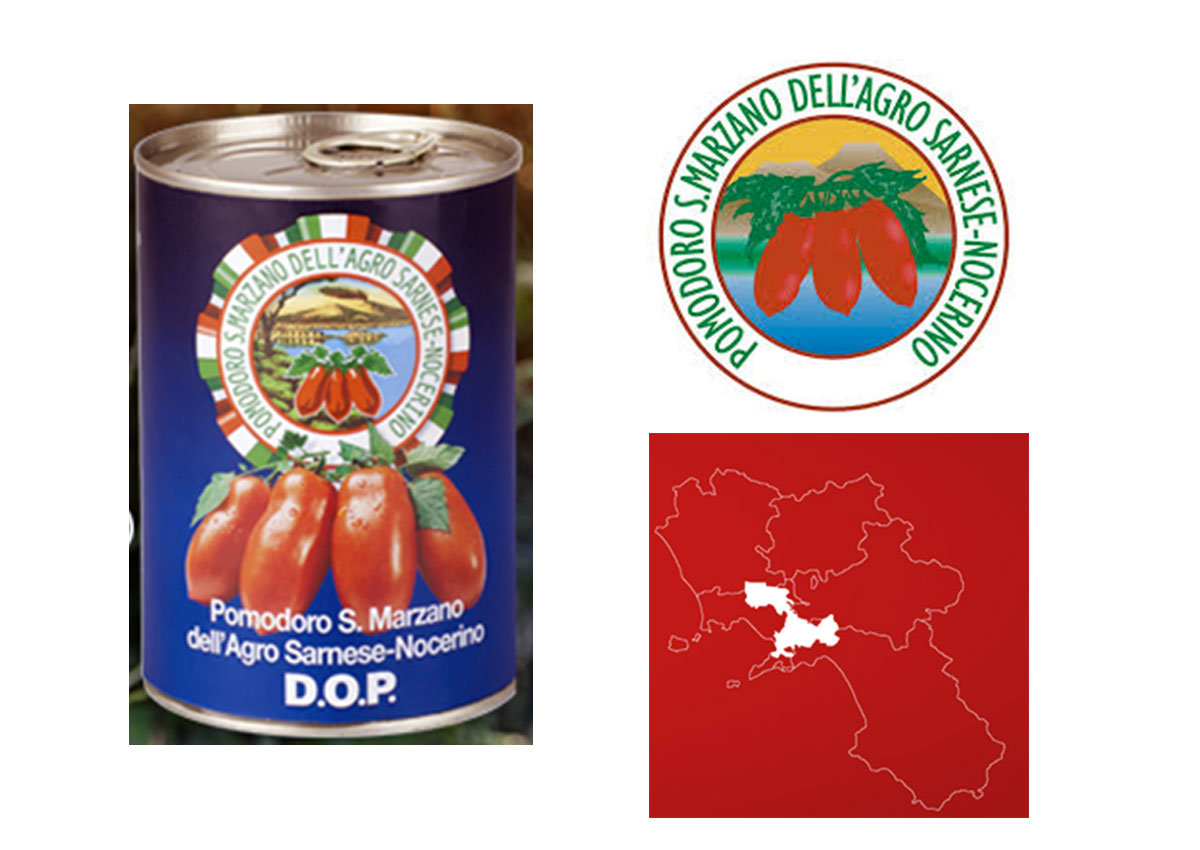
A class-action lawsuit filed in the United States by a group of consumers against Cento Fine Foods claims that the certified San Marzano labeling used by the US producer is “false and misleading” and shoppers are paying a premium price for a product of lesser quality.
Regardless of the outcome, the lawsuit is relevant because it goes beyond the common problem of products falsely labeled as made in Italy. It puts to the test the integrity of the process that certifies the uniqueness of a food product even when basic standards seem to be respected.
CENTO: LAWSUIT “COMPLETELY UNFOUNDED”
The class action filed in February 2019 states that Cento’s products contain San Marzano tomatoes of lower quality, less firm, and of more irregular shape than required by the Consortium of the San Marzano Tomato PDO that oversees these standards.
Cento, a renowned New Jersey-based food producer, has rejected the lawsuit as “wrongful” and “frivolous”, saying on its website that its San Marzano tomatoes are certified, come from the original Sarnese Nocerino area of Southern Italy and undergo the strictest quality controls. It added that it provides “full traceability, sustainability and transparency” of San Marzano tomato products.
“The allegations in the complaint are completely unfounded. Cento exceeds industry standards in production and has always operated with the highest integrity. Any suggestion to the contrary is absolutely false” the company said. “We are confident that the truth will prevail and will rule in our favor.”
THE CORE OF THE DISPUTE
Cento also said its tomatoes are certified “by the largest third-party certifying body in the European Union, Agri-Cert.” The lawsuit states that it’s up to the Consortium to issue the seal of the San Marzano Tomato of the Agro Sarnese-Nocerino, along with a unique serial number and the PDO seal (Cento said it dropped the PDO seal after 2010 when a new stricter regulation was introduced).
Citing alleged test results, the plaintiffs also claim that Cento’s suppliers process more tomatoes than the 80% limit of fresh tomatoes imposed by the Consortium to ensure only the best quality tomatoes are processed.

THE ORIGIN OF SAN MARZANO TOMATO PDO
- First introduced in Europe from Central and South America in the 16th century, San Marzano tomatoes are originally grown in the rich volcanic soil at the base of Mount Vesuvius near Naples.
- The Protected Designation of Origin (PDO) by the European community in the 1990s was obtained in the 1990s.
- The tomatoes come from seeds of the “S.Marzano 2 and KIROS varieties, have a “typical elongated parallelepiped shape” with a length of between 60 and 80 mm from the stem to the end.
- They have low water content, firm flesh, a high ratio of flesh to weight, and fewer seeds that make them suitable for sauces, pizza, and Italian dishes of all kinds.
- The existence of objective criteria for being represented as “San Marzano” and the creation of an independent body, the Consortium of the San Marzano Tomato, PDO (the “Consortium”) that would oversee these standards, was heralded as a development to prevent other tomatoes from being passed off to consumers as San Marzano and to promote the variety abroad.
- After all the steps are complied with, the Consortium issues a stamp containing the below seals reflective of the Protected Designation of Origin (“Denominazione d’OrigineProtetta”) and the name of the tomato, San Marzano Tomato of the Agro Sarnese -Nocerino (geographical region of southern Italy).
